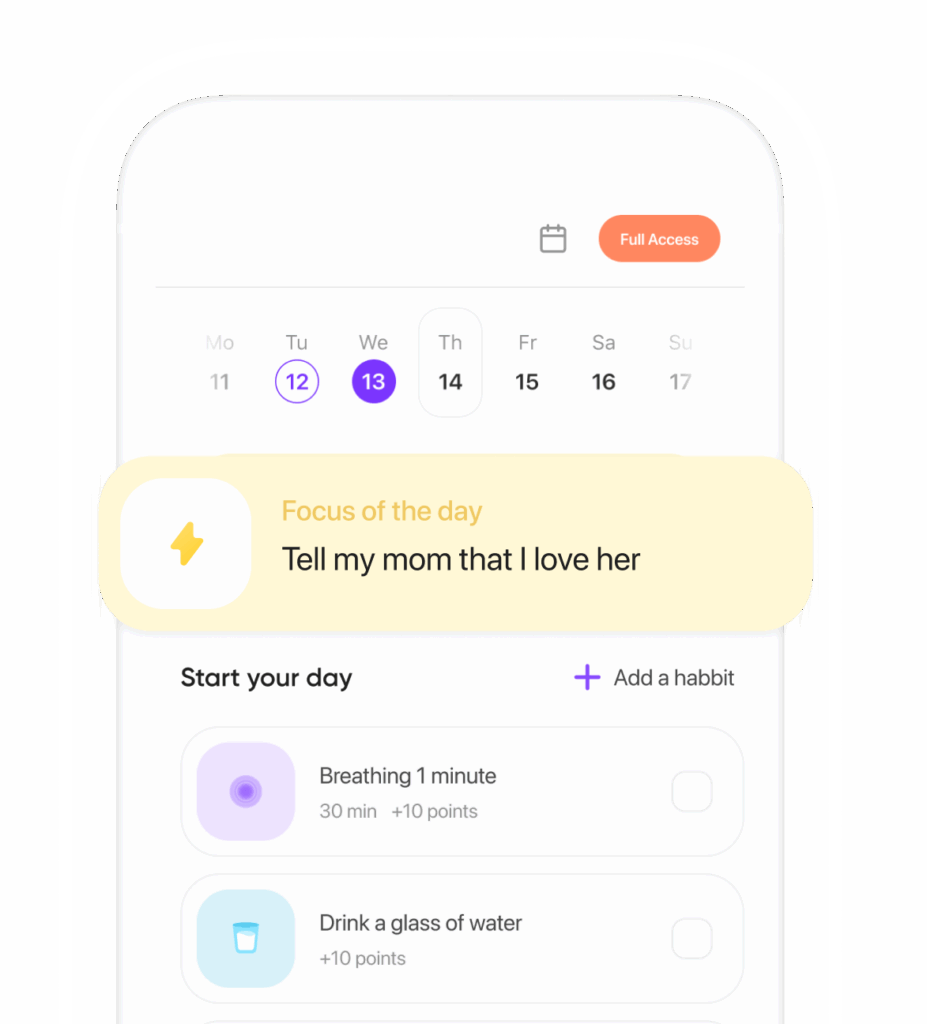Table of Contents
- Understanding Procrastination
- The Impact of Procrastination
- Strategies to Overcome Procrastination
- Tools and Resources
- Conclusion
Understanding Procrastination
What is Procrastination?
Simply put, procrastination is delaying or postponing tasks. A slip-up in self-regulation, it results in the needless postponement of tasks that shouldn’t wait, often bearing unwanted outcomes. Forget time management—research in the journal Psychological Science tells us that procrastination digs deeper, embedding itself in emotional regulation woes. It’s a layered behavior, weaving together emotional and cognitive threads.
Why Do We Procrastinate?
Why do we procrastinate? Let’s look at some reasons—fear of failure, stifling perfectionism, or even plain boredom. Pychyl and Sirois studied this, pointing out procrastination as an emotional crutch to handle tricky emotions and negative vibes emanating from specific tasks. Overwhelmed, bored, or stressed? People sometimes just veer towards tasks that deliver quick satisfaction.
- Fear of Failure: Fear of failing at a task can trigger avoidance. Often, it’s a lack of confidence or a struggle with criticism at the root of this fear.
- Perfectionism: The need to be flawless can be immobilizing. Those with perfectionist tendencies might predestinate themselves to procrastinate due to their sky-high standards.
- Lack of Motivation: Without a clear hook or interest, motivation drops like a stone, and procrastination follows. Motivation’s dance partners? The task’s perceived value and rewards.
- Decision Paralysis: Barry Schwartz’s theory—the paradox of choice—explains that too many options can lead to paralysis, halting decision-making.
- Boredom and Lack of Interest: Tasks lacking intellectual stimulation become prime candidates for delay. Naturally, our brains gravitate towards those shiny, engaging experiences.
The Impact of Procrastination
The ripples of procrastination reach far and wide, personally and professionally. The journal Frontiers in Psychology ties chronic procrastination to mental health issues—stress, anxiety, depression. It chips away at academic and job performance, strains relationships, and costs missed opportunities.
Physical and Mental Health
Consider this: a study by Tice and Baumeister found procrastinators bound by looming deadlines clock high stress and illness levels. That stress disrupts sleep, brings on headaches, and can even weaken the immune system. No light burden!
Academic and Professional Consequences
Procrastination can derail academic and career ambitions. A meta-analysis in the Educational Psychology Review links it to lower grades and job performance. Students tend to flounder, some even dropping out. In the professional realm, missed tasks might cheat one out of promotions or career leaps.
Relationships and Social Life
On the personal front, procrastination can do a number on relationships. The stress and anxiety it fosters can brew irritability, which might cause friction and misunderstandings with loved ones.
Strategies to Overcome Procrastination
To claw free from procrastination, a multifaceted approach is key. Let’s explore some strategies.
1. Develop Self-Awareness
Start by figuring out your procrastination triggers. Understand why you procrastinate. Reflect—spot those patterns. Jotting things down in a journal might do the trick.
2. Set Clear Goals and Prioritize Tasks
Goals, goals, goals! Locke and Latham’s research says specific, ambitious goals boost performance.
- SMART Goals: They should be Specific, Measurable, Achievable, Relevant, and Time-bound.
- Prioritize Tasks: Tools like the Eisenhower Box help separate the wheat from the chaff—urgent from non-urgent.
3. Break Tasks into Smaller Steps
Big tasks intimidate; break them down. Smaller steps lighten the load and increase the kick-off and wrap-up rate. The Pomodoro Technique—involves focused 25-minute stints with 5-minute breathers—could be your new ally.
4. Use Positive Reinforcement
Positive reinforcement—great motivator. Treat yourself post-task, however minor, to reinforce good habits. Be it a favorite snack, a short break, or an activity you love.
5. Manage Environmental Distractions
Craft a distraction-free zone. Perhaps declutter, use noise-canceling headphones, or set boundaries with others when in focus mode.
6. Practice Self-Compassion
Harbor kindness for yourself amidst procrastination struggles. Snapshots from Self and Identity show self-compassion can cut down procrastination. Accept that it’s a broad struggle and forgive, then forge ahead.
7. Seek Accountability
Accountability—big motivator. Could be a friend, family, or mentor tracking your progress, nudging you to stay the course.
8. Address Underlying Stress and Anxiety
Often, procrastination ties into stress and anxiety. Mindfulness—think meditation or yoga—alleviates stress and bolsters focus. A study by Creswell et al. in Health Psychology shows mindfulness training can slim procrastination through stress reduction.
Tools and Resources
Here’s some help to whittle down procrastination:
Apps and Software
- Trello: Visual project management tool for task organization.
- Habitica: Gamifies task management with rewards for completed tasks.
- RescueTime: Monitors activity, revealing productivity insights.
Books and Online Courses
- “The Now Habit” by Neil Fiore: Practical strategies to combat procrastination.
- “Eat That Frog!” by Brian Tracy: Task prioritization for max efficiency.
- Online Courses: Platforms like Coursera and Udemy offer time management and productivity courses.
Conclusion
Procrastination, with its tentacles in daily life, can be quite the adversary. But armed with the right tools and strategies, overcoming it is entirely possible. Pinpoint those root causes, set clear goals, and apply effective tactics to elevate productivity and overall well-being.
Finally, while procrastination is quite the nemesis, it needn’t rule you. Adopting the strategies mapped out here can help reclaim your time for a more productive, rewarding life. Ready to tackle your procrastination demons? Download our complimentary guide at Habyy to commence your transformation today.
Ready to transform your life? Install now ↴
Join 1.5M+ people using AI-powered app for better mental health, habits, and happiness. 90% of users report positive changes in 2 weeks.
